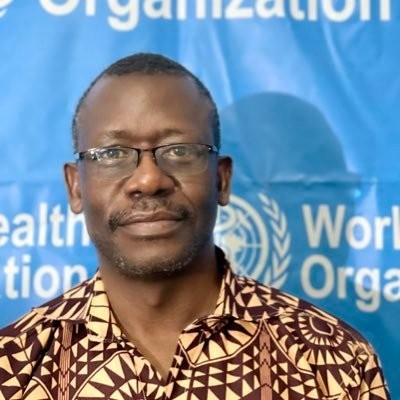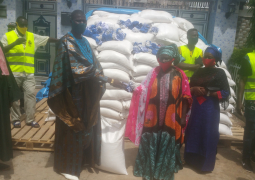
He described the initiative as a milestone moment not only for the country’s health systems, but also for the wellbeing, dignity and productivity of Gambians.
“Mental health is not just health issue. It is a human issue. It is a social issue. And it is an economic issue, one that should touch every family, every community and every aspect of national development.”
Dr Bakyaita equally observed that for far too long, mental health has remained invisible, spoken of in whispers, often misunderstood, and too often left behind in health planning and financing.
“Through the WHO Comprehensive Mental Health Action Plan (2013-2030), countries are working together to make mental health care accessible, affordable and stigma-free for all,” he stated.
This historic launch, he said, places The Gambia at the forefront of this global movement, demonstrating leadership, commitment and compassion. “The mental Health Investment Case we are unveiling today provides powerful economic and social evidence that investing in mental health is not a cost, it is a gain,” he clarified.
“For every one dollar invested in mental health promotion and treatment, there is a return of four dollars in improved health and productivity. That’s not just a statistic; it is hope quantified.”
He recalled that a few years ago, during one of his visits as a young medical doctor in a primary health centre, he met a young woman named Tandy.
She was in her early thirties, bright, energetic and full of life, he recalled: “After losing her only child, she fell into deep depression and anxiety for months. Her community thought she was just weak or possessed.
“It was only when a community health nurse, trained through WHO Mental Health Gap Acton Programme or mhGAP recognised her symptoms and linked her to care, that she began to recover.”




